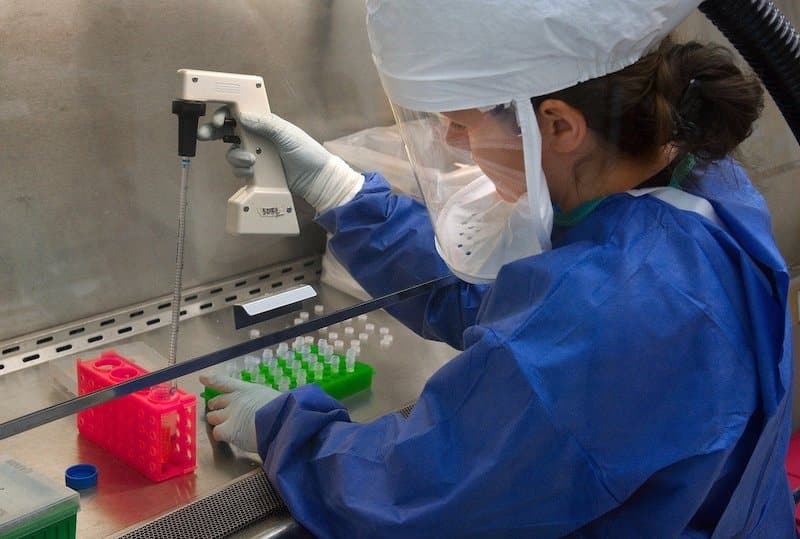
Public Health Interpreters Help Prevent Readmission
One of the leading causes of readmission to healthcare centers? Patients administering their prescribed medications incorrectly. This often occurs due to the presence of a language barrier, i.e., when patient and prescriber don’t share a language. One way to solve this issue is by investing in a skilled translation services provider.
The Mayo Clinic Health System in La Crosse Wisconsin tackled this problem by targeting it specifically. They created a program called Meds to Beds. This is a service that ensures that patients receive not only their medication, but the exact directions of how to use that medication in a comfortably usable language before leaving the doctor’s care.
What does this service look like? Medical language interpreters are selected according to the patient’s language and sent with the prescribed medication to the patient’s bed. In their shared language, the provider of interpreting services then takes the time to make sure the patient has understood how to properly administer the medicine and to answer any questions. This step is necessary for the successful discharge of the patient – and notably improves patient experience, as per self-reports.
Similarly, in 2013, Massachusetts, the Department of Public Health launched a Language Access Plan (LAP) with the help of government translation services. The initiative was consolidated with the goal of begetting universal access to MDPH services, with those who identify as having limited English proficiency (also known as LEP) as the focus of the effort.
Combating Inequality With Public Health Interpreters
Unfortunately, language barriers in healthcare practices are often associated with socio-economically disadvantaged communities. As we may have seen in the media and in real life, the result is poorer quality of care, undesirable medical outcomes, prolonged hospital stays, and, as outlined above, higher rates of patient readmission.
As such, the role of the public health interpreter goes further than connecting a patient and a doctor. When deployed with strategy and organization, the work of the public health interpreter helps healthcare overall become more equitable. This is especially important to consider when we note that 8% of beneficiaries of Medicare, more than 52 million people, identify as having LEP.
Public Health Interpreters During The Covid Era
Other important points to note: as of the outbreak of Covid-19, this discrepancy in care became an even greater public health concern since society needed herd immunity to be established in order to contain the spread. In addition, long before the pandemic, in a 2001 report by the Institute of Medicine, delineating the six aims of improvement in healthcare, achieving equitable delivery of services via language assistance is identified as one of the key measures to reach those goals.
About Language Connections:
Language Connections is one of the top language service companies in the US. Over the last 30 years, we’ve focused on providing the best business translation, interpreting services, as well as interpreter training and customized language training programs. In addition to top-tier corporate language training, we offer certified corporate interpreters and professional business translation in 200+ languages. Our network includes linguists with backgrounds in all major industries. They’re ready to meet your needs, whether they’re for technical translation, legal translation, government translation, international development translation, education translation, life sciences translation, or something else. Reach out to us today for a free quote on our cost-efficient and timely translation, interpreters, or other linguistic services.
Language Connections Inc.
2001 Beacon Street, Suite 105,
Boston, MA 02135
Phone: +1-617-731-3510
Email: service@languageconnections.com

